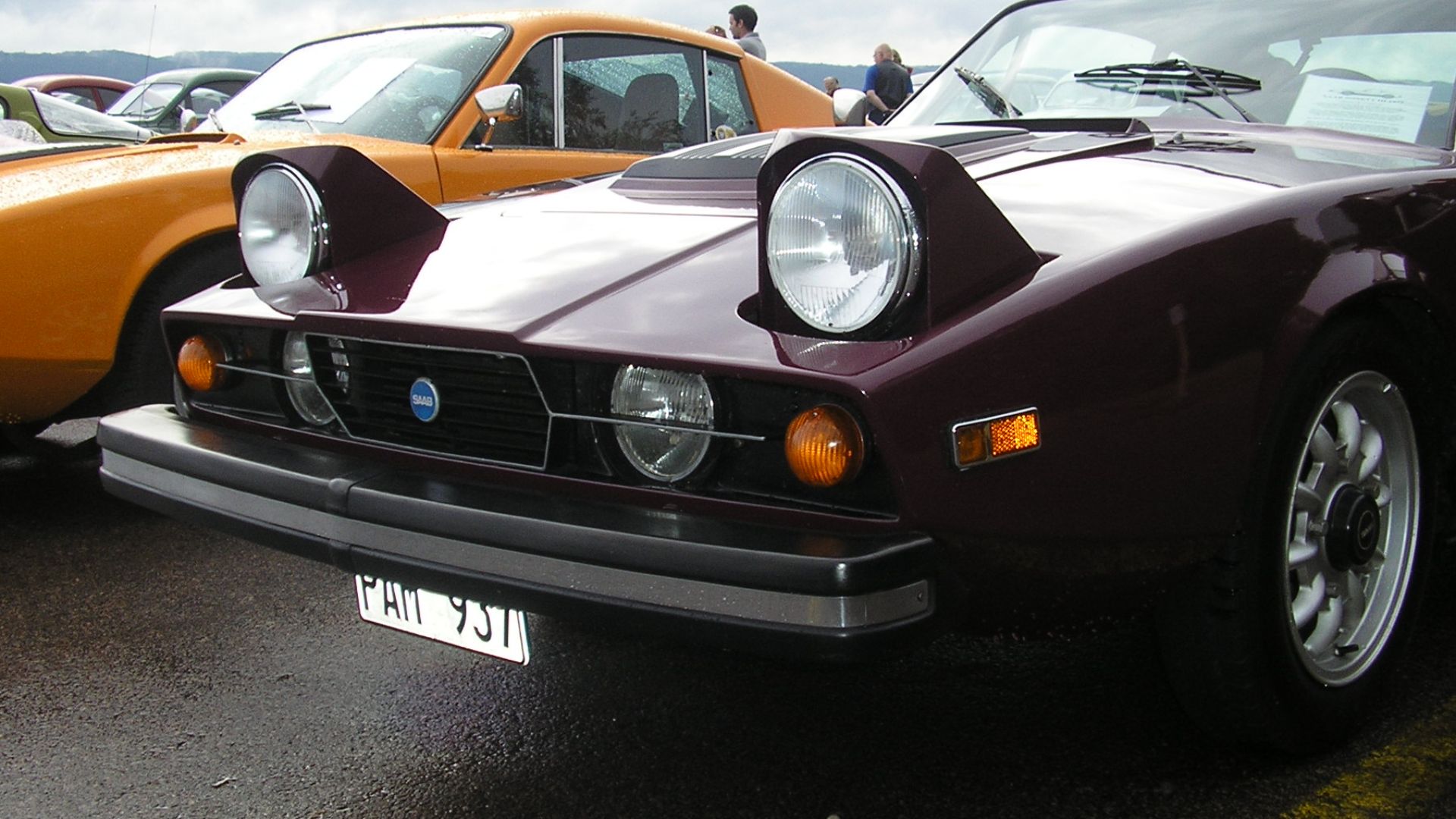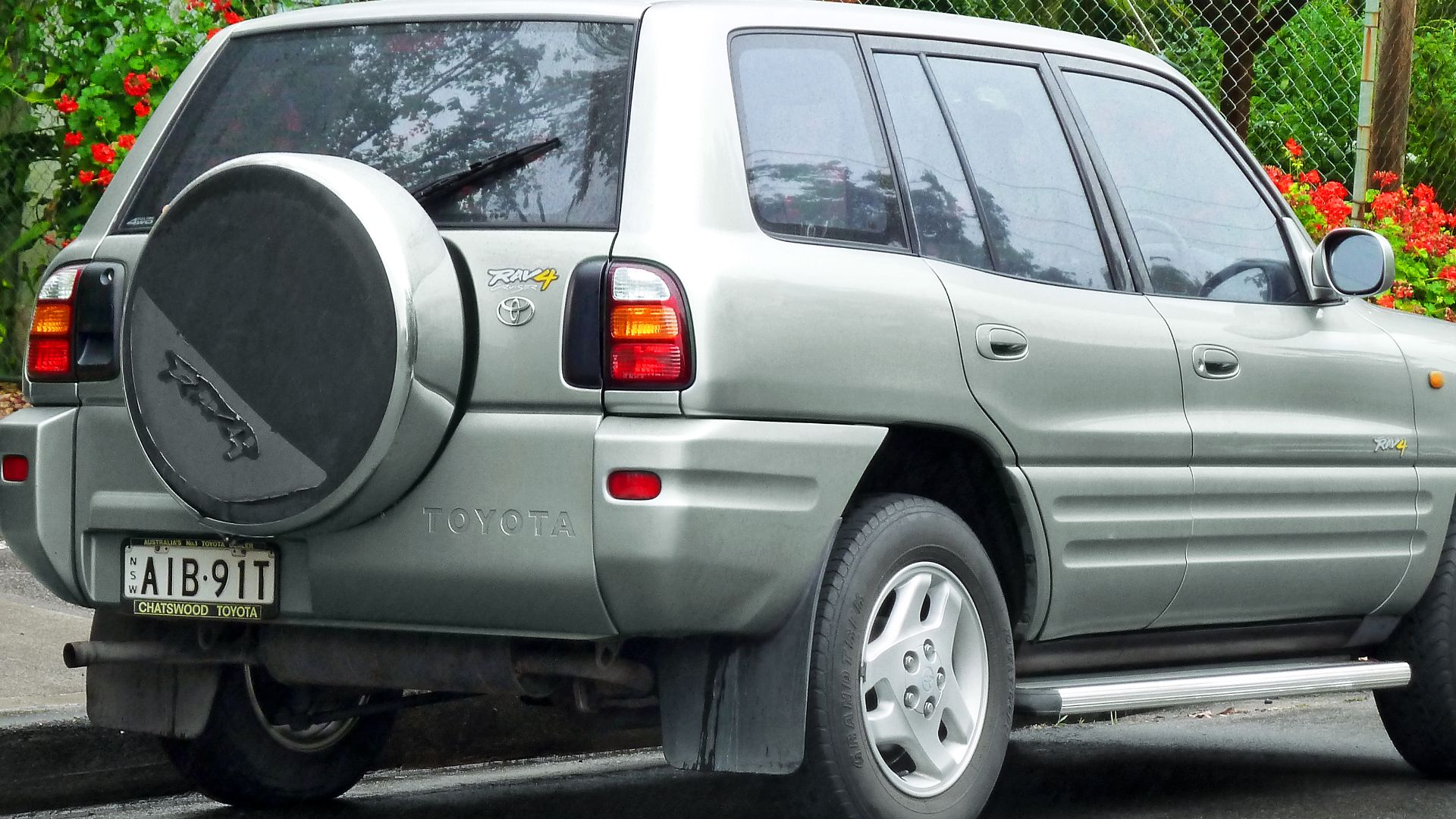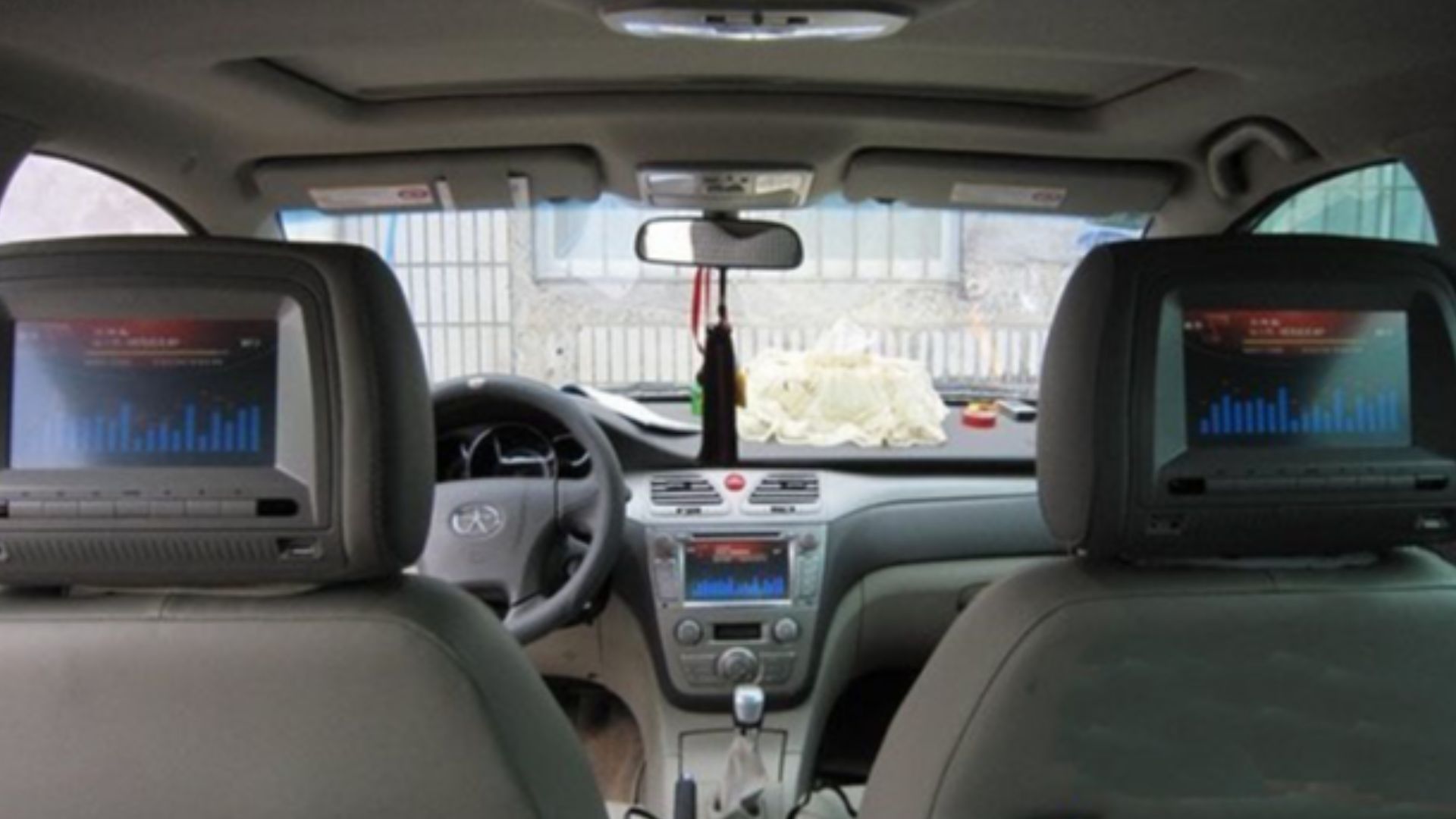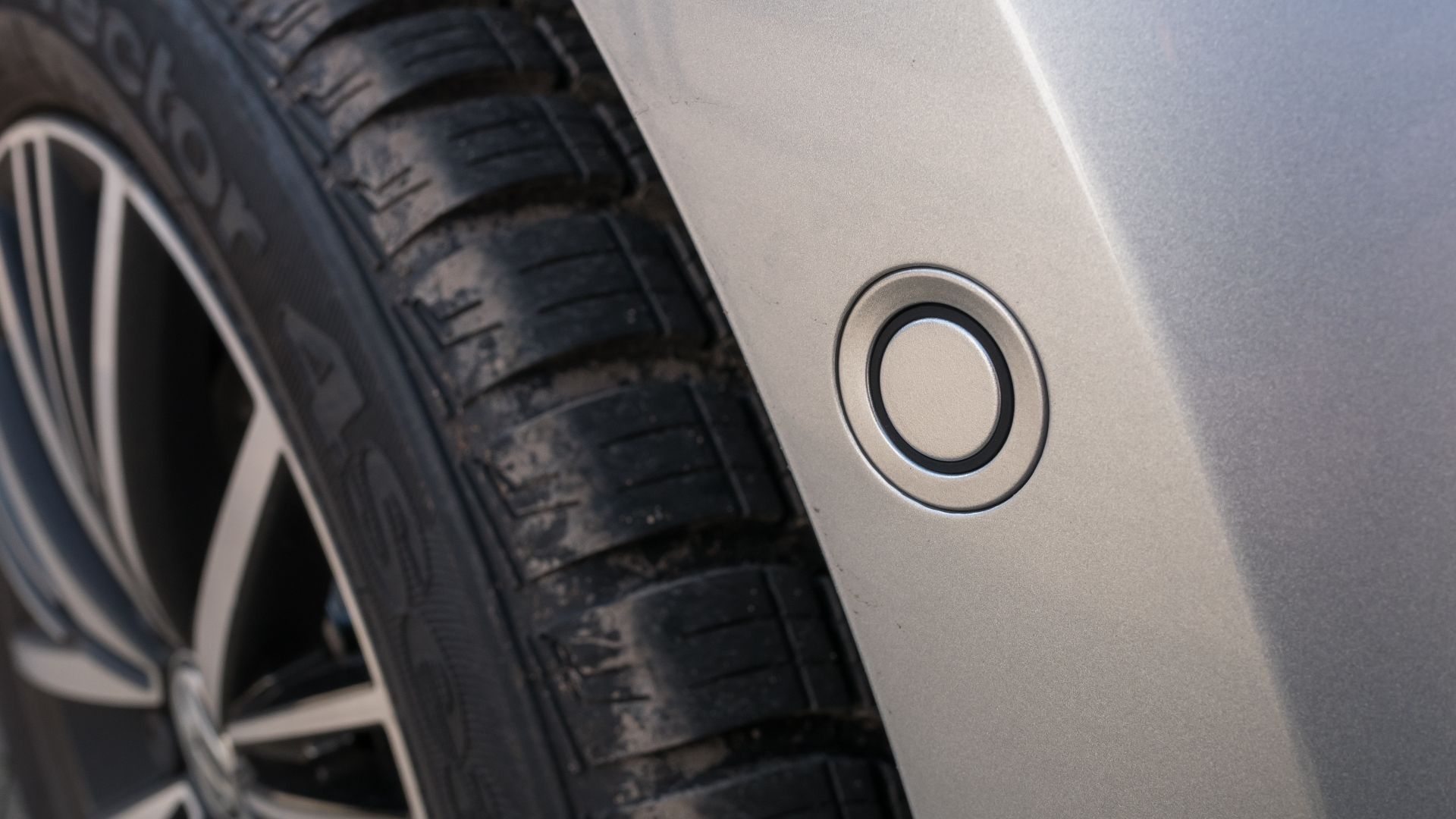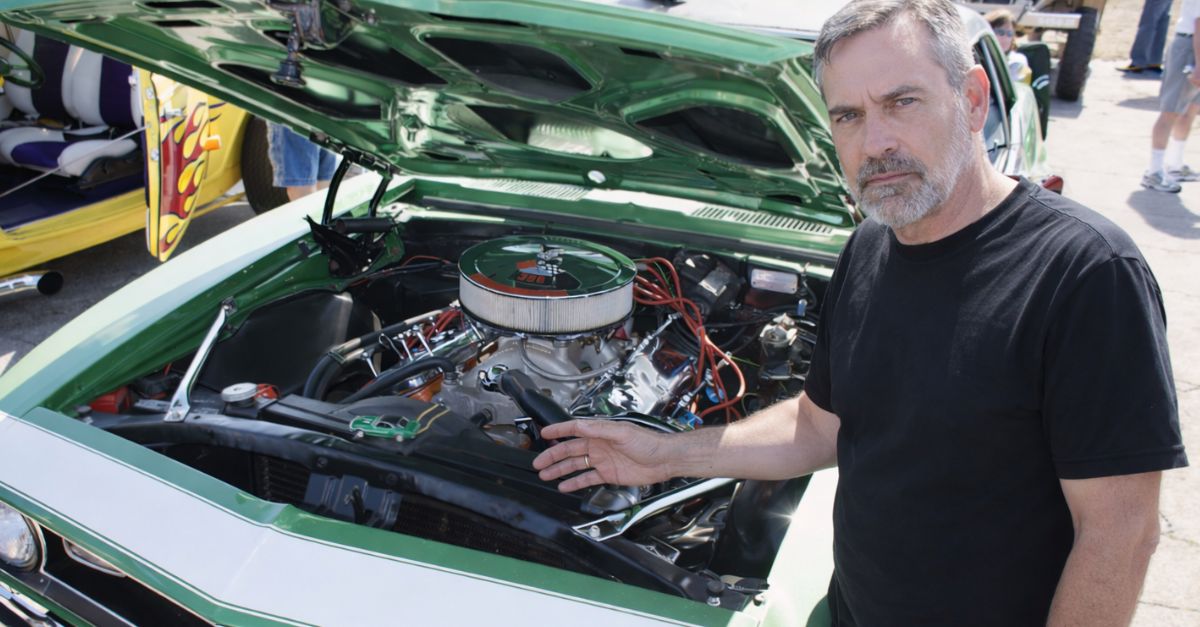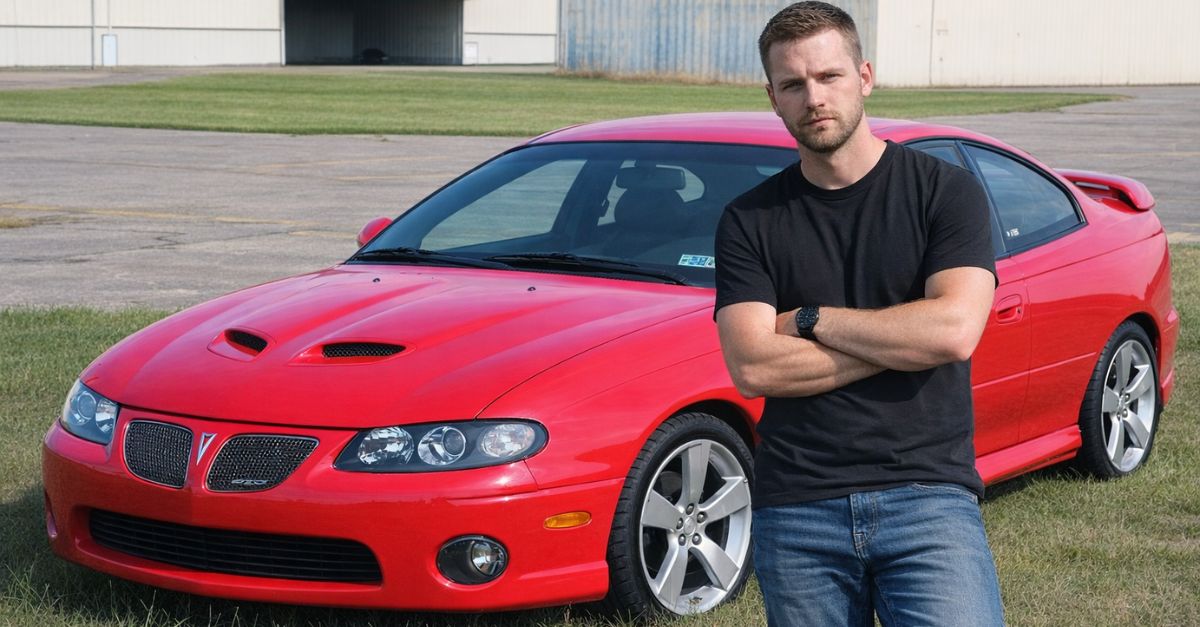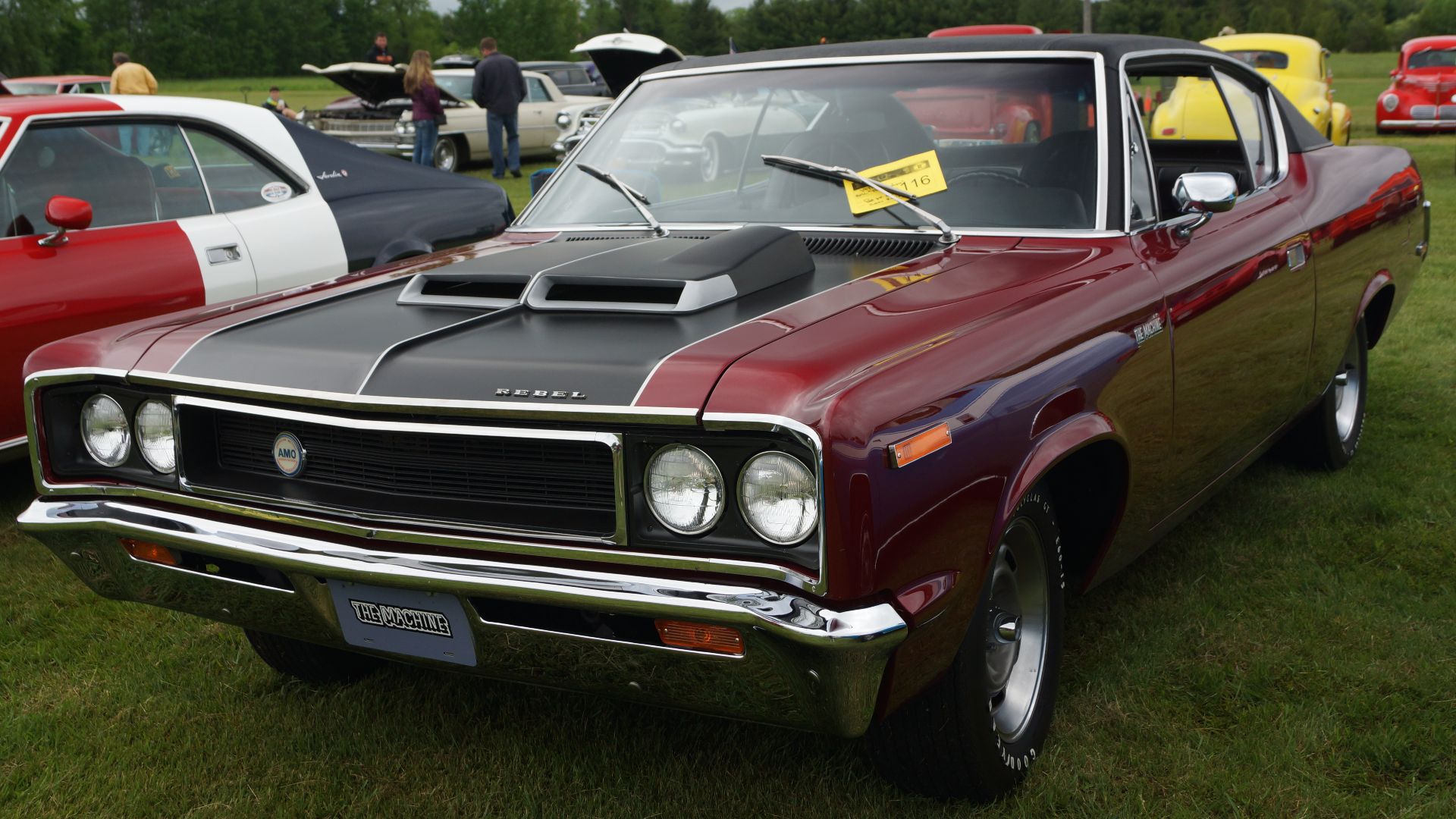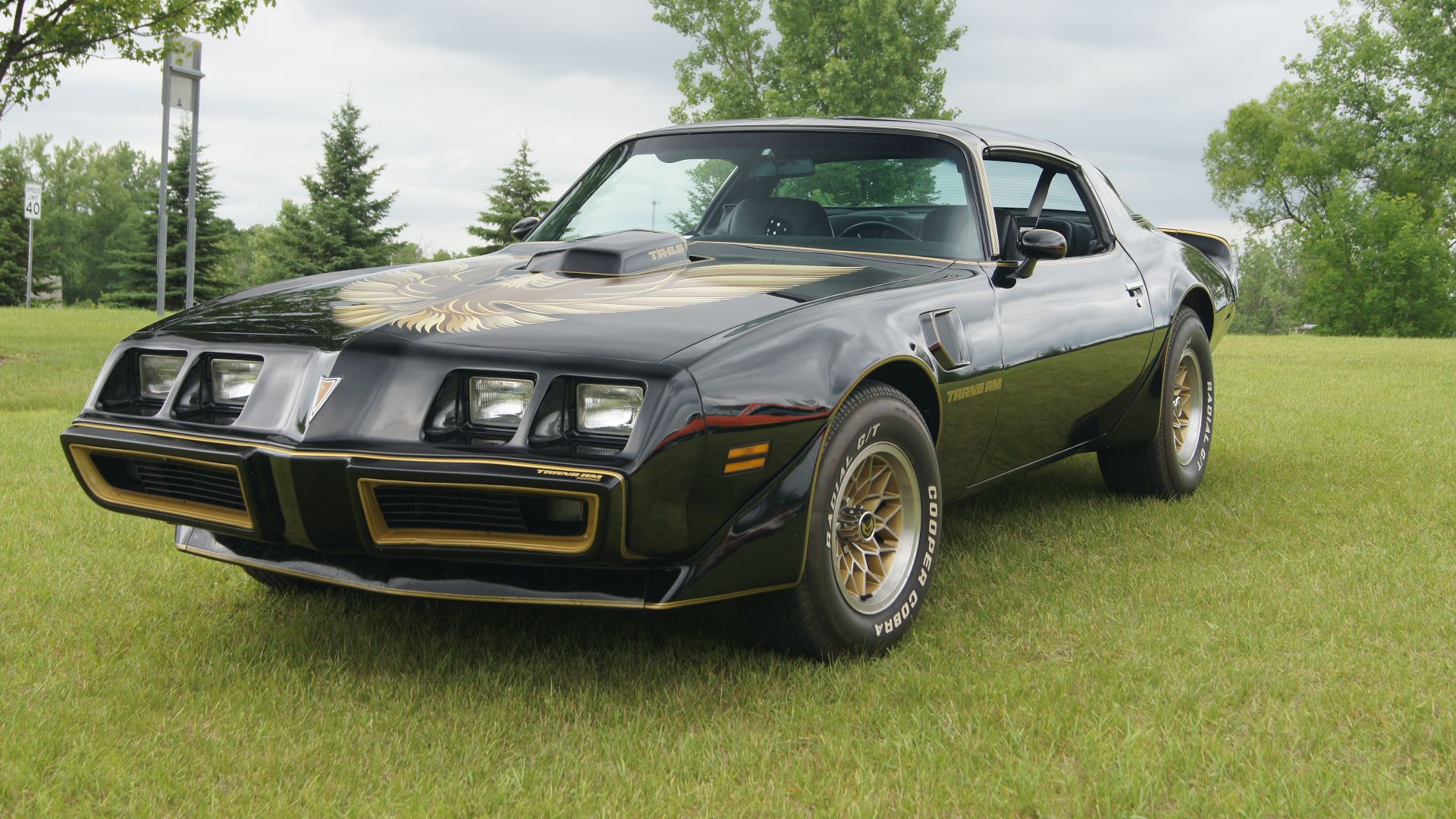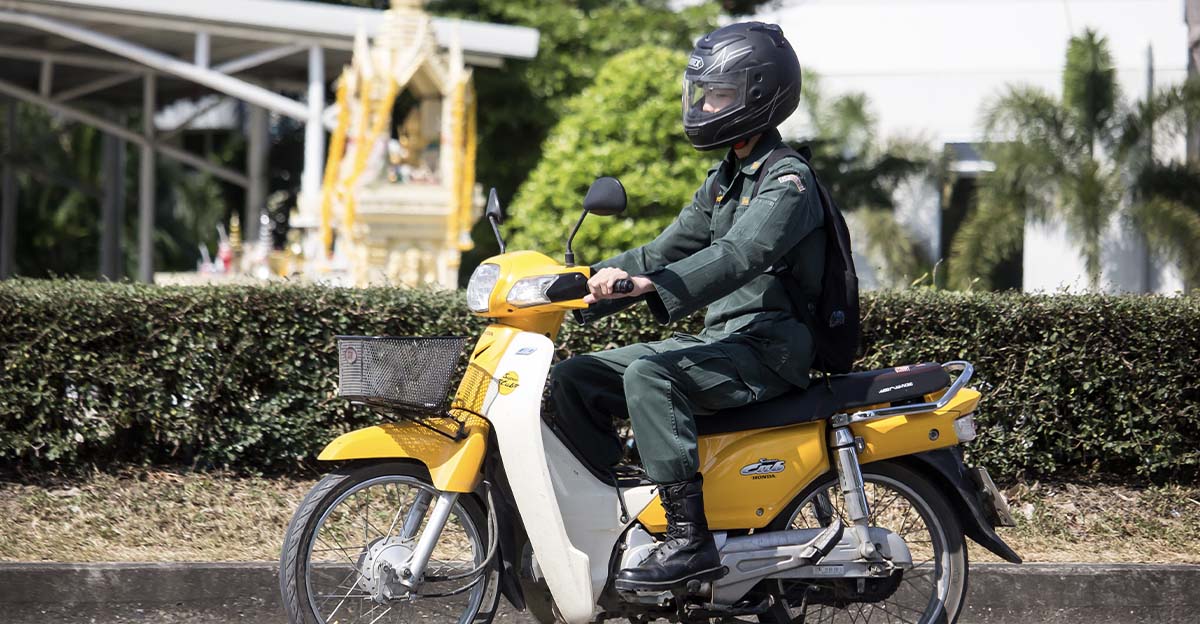Best And Worst Car Trends
Not every car upgrade was a triumph. Some changed the way we drive for the better, while others just didn’t make sense. Let’s take a spin through the upgrades that we couldn’t care less about before we go through the ones we are actually grateful for.

Automatic Seatbelts
These were supposed to make safety effortless. Instead, they startled drivers. And occasionally tried to choke you mid-turn. Mechanical failures didn’t help their reputation either. After a few lawsuits and countless awkward exits, automakers ditched them for seatbelt reminders that don’t grab your chest.
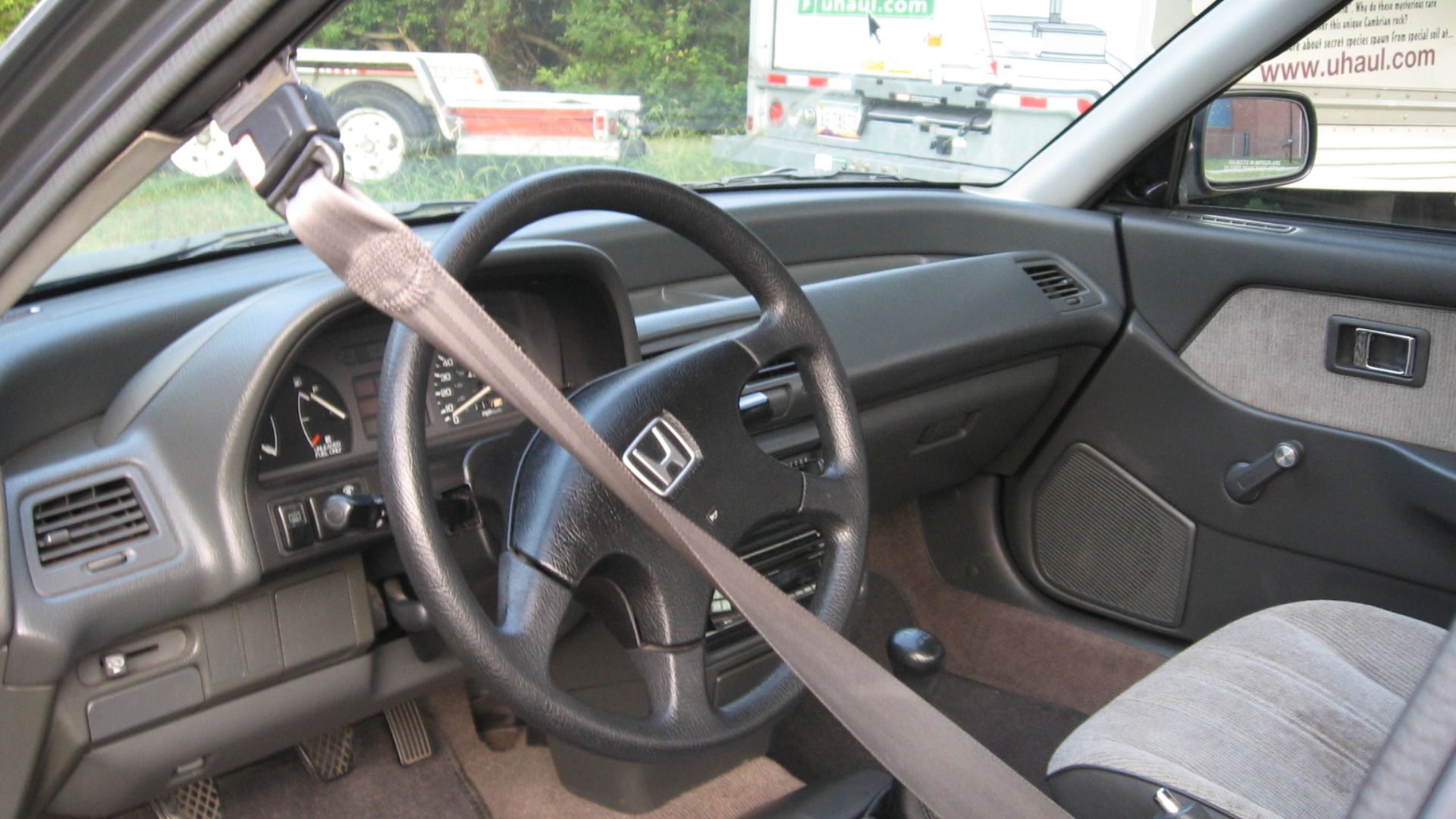 Piercetheorganist at English Wikipedia, Wikimedia Commons
Piercetheorganist at English Wikipedia, Wikimedia Commons
Touchscreen-Only Controls
Swapping knobs for screens sounded futuristic, until drivers had to swipe through three menus just to defrost the windshield. Glitches and freezes made simple tasks frustrating. Realizing that convenience shouldn't feel like hacking into a phone, many automakers are now restoring good old-fashioned buttons.
Pop-Up Headlights
Pop-up headlights looked cool, then one decided to wink at you mid-drive and refuse to close. Between rain, snow, and jammed motors, they were more drama than they were worth. Eventually, safety laws, along with a few broken headlight motors, buried the trend for good.
Faux Engine Sounds Through The Speakers
Your car shouldn’t lie, but fake revving piped through the stereo did just that. It was meant to sound sporty, but ended up competing with your podcast. Fortunately, some brands now let you turn off the charade and enjoy a quieter, more enjoyable ride.
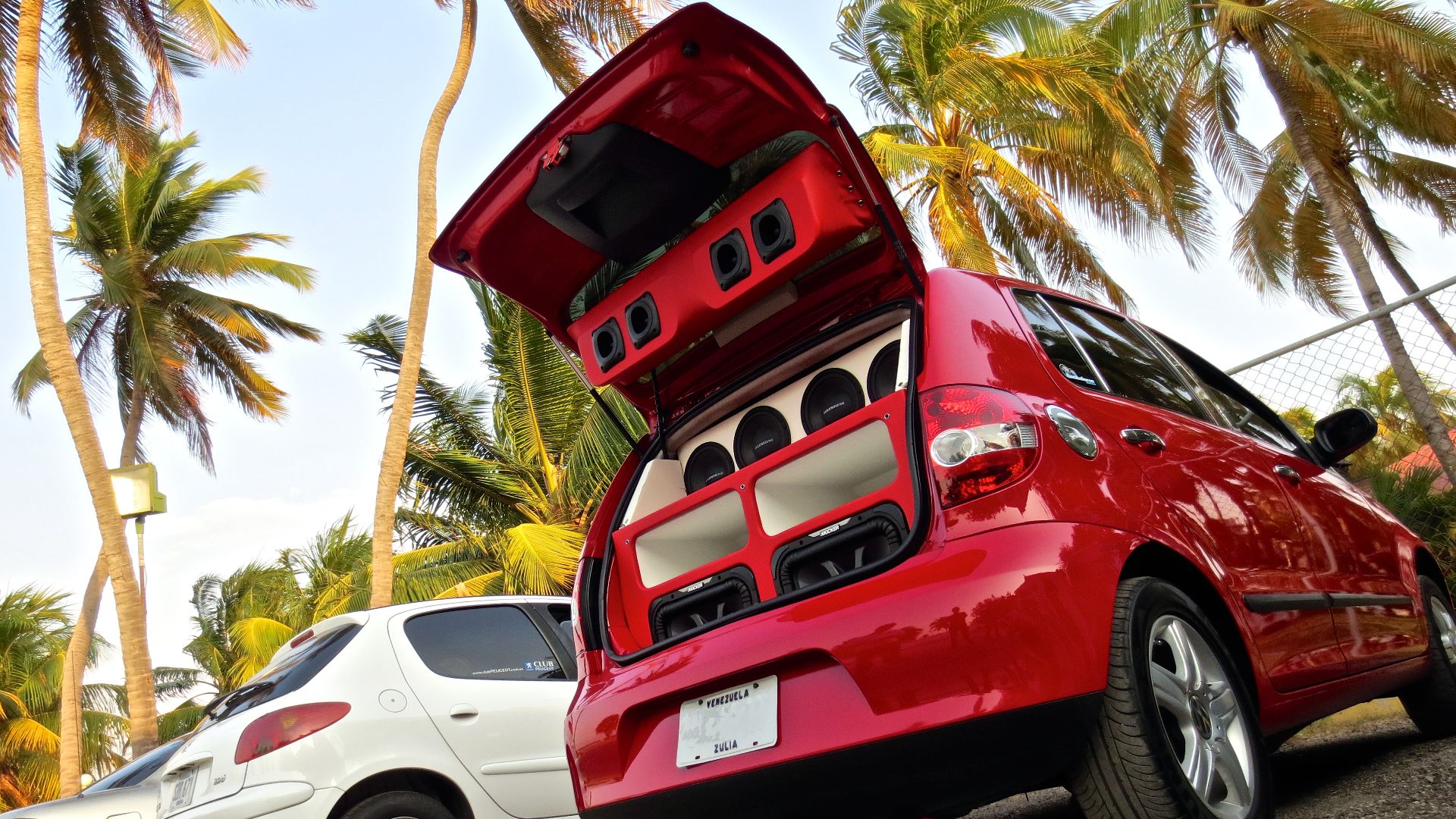 Jaimeluisgg, Wikimedia Commons
Jaimeluisgg, Wikimedia Commons
Built-In Navigation Systems That Aged Terribly
Before smartphones took over, factory-installed GPS seemed revolutionary. But those maps became outdated fast, and updating them cost a small fortune. They had slow processors, and their confusing directions often led many drivers to reach for their phones instead.
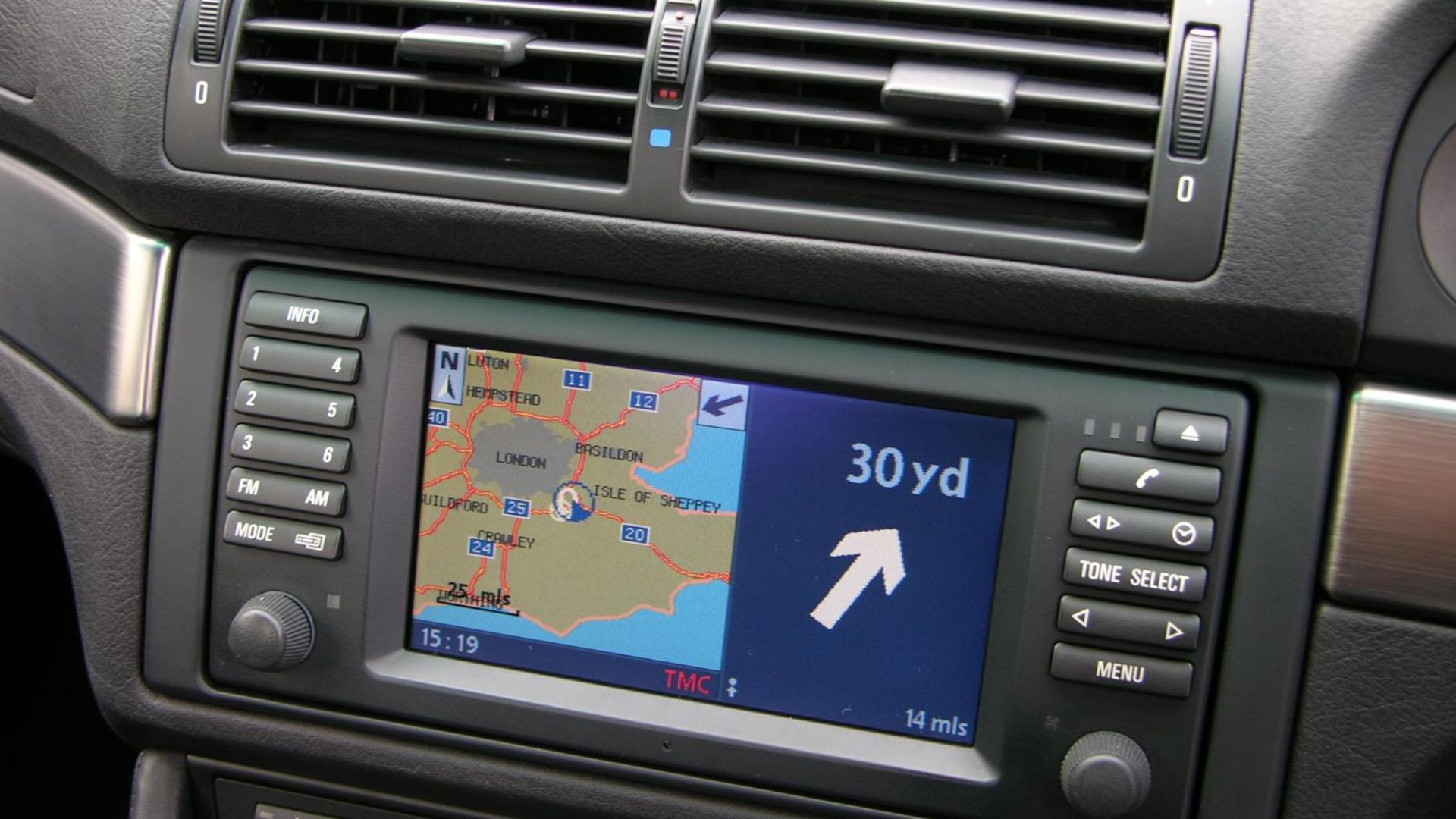 The Car Spy, Wikimedia Commons
The Car Spy, Wikimedia Commons
Rear-Mounted Spare Tires On Compact Cars
Though these looked rugged in theory, in tight parking spots, they were bumper magnets. The exposed tires were easy pickings for thieves, and mounting that much weight on a high, swinging door alters the vehicle’s center of gravity, which compromises stability over speed bumps.
Plastic Wood Grain Interior Trim
Fake wood trim was supposed to say “luxury,” but mostly screamed “discount furniture.” It faded and looked dated faster than people expected. Some drivers tolerated it, but most begged for real materials or anything that didn’t feel like a sticker slapped on plastic.
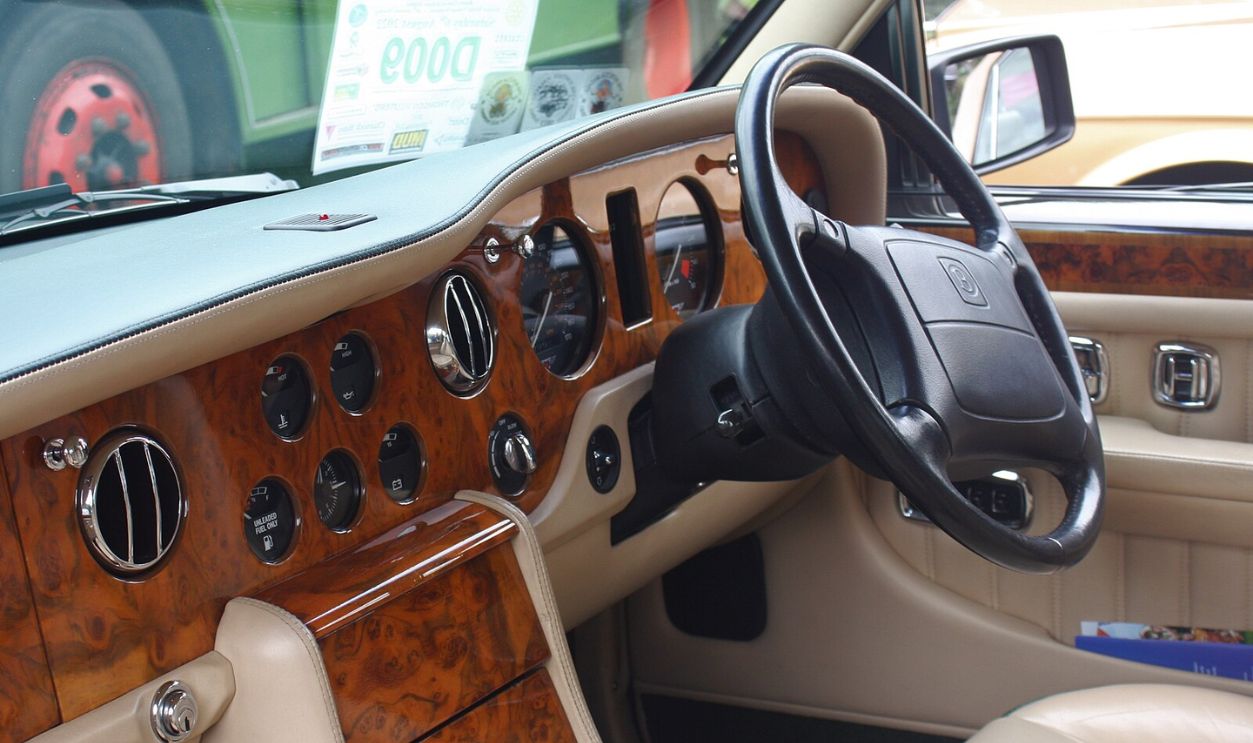 DieselFordMondeo, CC BY-SA 4.0, Wikimedia Commons
DieselFordMondeo, CC BY-SA 4.0, Wikimedia Commons
Push-Button Transmissions
Push-button gear selectors promised sleekness, but just left people asking, “Am I in reverse?” Rental car drivers especially dreaded the guessing game. Misplaced buttons and poor feedback led to some dramatic rollbacks, which is why many automakers have gone back to knobs or shifters.
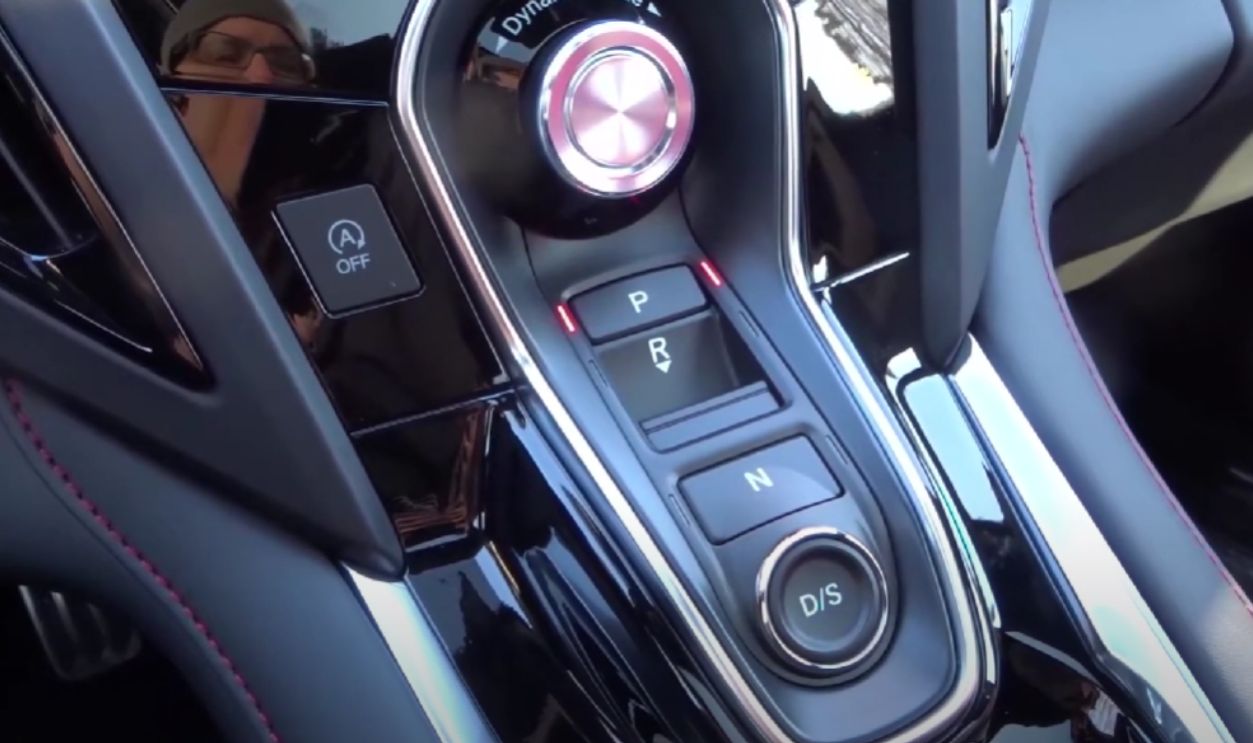 How To Use A Push Button Shifter-Full Tutorial For Driving by Helpful DIY
How To Use A Push Button Shifter-Full Tutorial For Driving by Helpful DIY
Gimmicky Gullwing Doors On Everyday Models
With the gullwing doors, carmakers learned that not every idea from the concept sketch belongs in suburbia. Though rare, it looked epic on high-end and niche vehicles, but putting them on crossovers was a stretch. They were also heavy and opened like wings…into garage walls.
Built-In DVD Players In The Age Of Tablets
Once the ultimate backseat flex, built-in DVD players now collect dust. Tiny screens and sky-high repair costs made them obsolete once tablets arrived. Now, carmakers wisely focus on USB ports and Wi-Fi, leaving entertainment to the devices kids already love.
Retractable Hardtops
Retractable hardtops were cool in theory, but in practice? You waited 30 seconds to lower the roof—if it didn’t jam halfway. The mechanisms were bulky and cost a fortune to repair. Eventually, drivers realized a soft top did the same job with fewer theatrics.
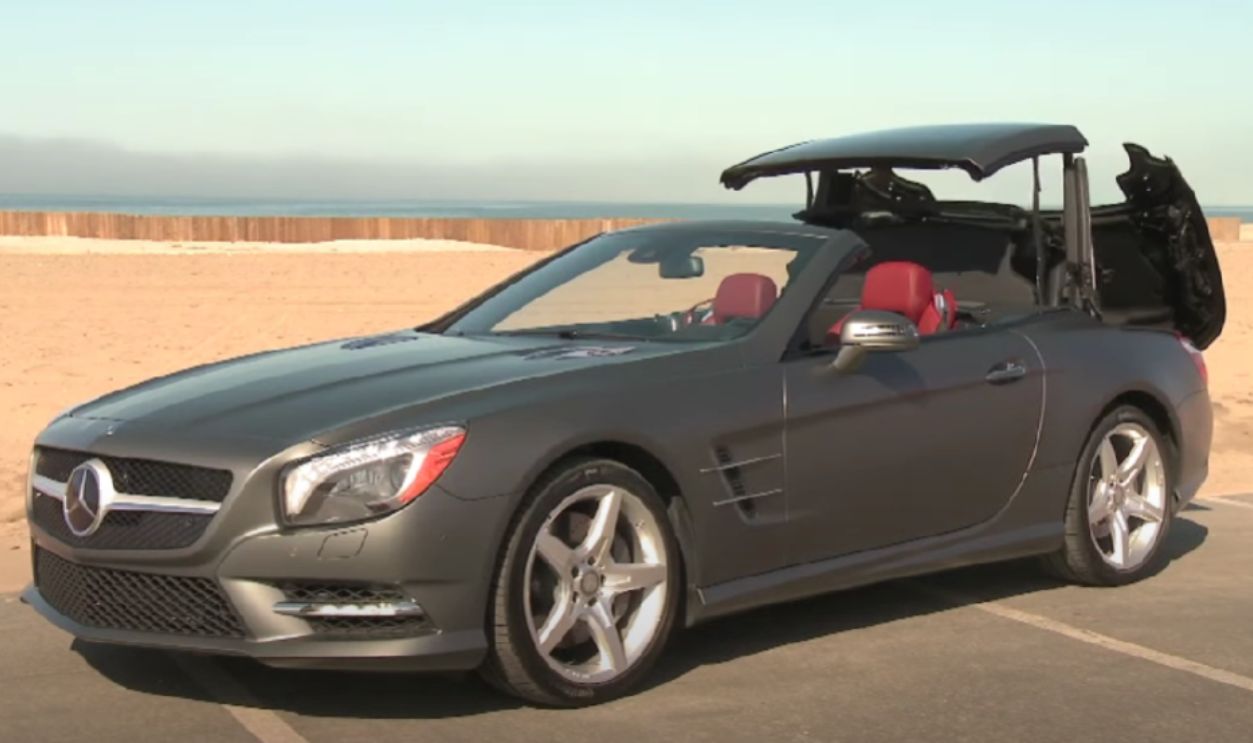 SL-Class Retractable Hardtop -- Mercedes-Benz Roadsters by Mercedes-Benz USA
SL-Class Retractable Hardtop -- Mercedes-Benz Roadsters by Mercedes-Benz USA
Overly Sensitive Lane Departure Warnings
In theory, Lane Departure Warning systems should’ve been a game-changer. In practice, they became more annoying than helpful. Drivers report frequent false alarms, even when turn signals are used correctly, and other non-issues like faded lines, minor swerves, or perfectly legal lane changes.
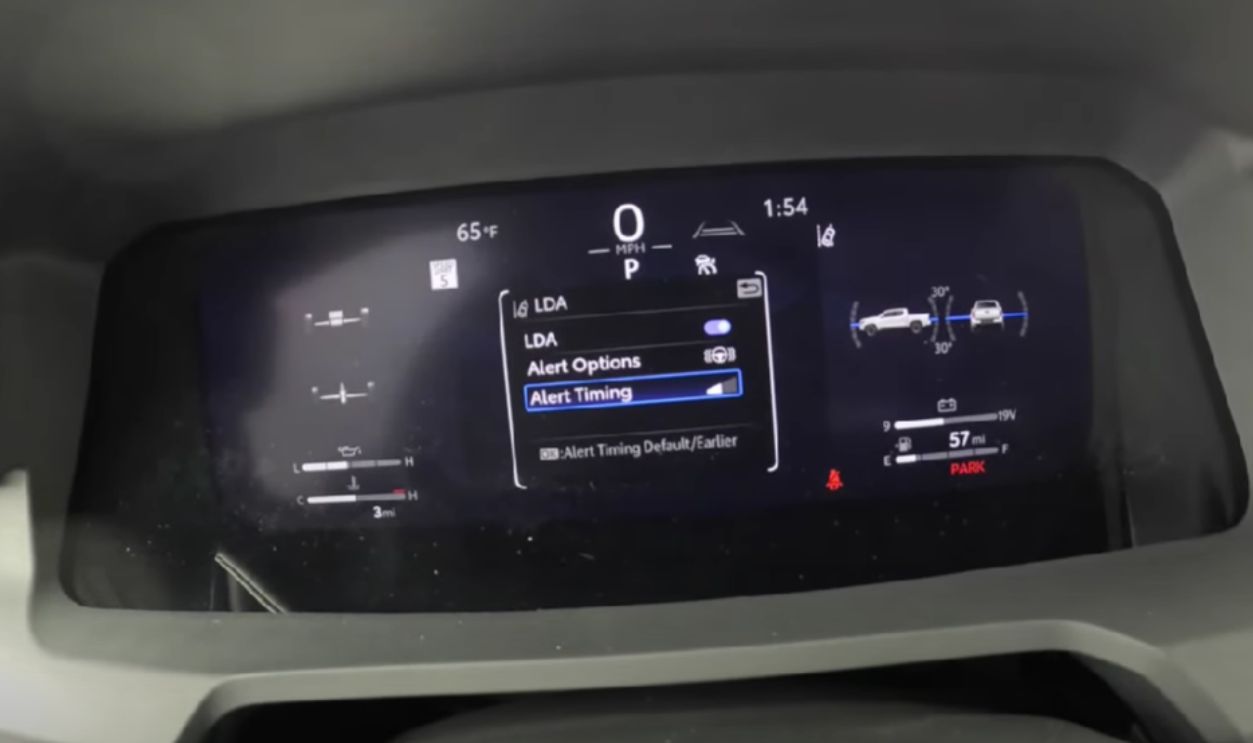 Toyota Tacoma Adjust lane departure and enable or disable by Steven Welch
Toyota Tacoma Adjust lane departure and enable or disable by Steven Welch
All-Wheel Drive
Let’s now skip to the good part and check out some cool features like the AWD system. Rain? Snow? Gravel? AWD handles them all like a champ. Once reserved for off-road beasts, it now powers everything from sedans to SUVs. Drivers appreciate the added grip, especially when the weather becomes unpredictable. Many cars also offer it as a standard.
Apple CarPlay And Android Auto Integration
These systems let you mirror your phone’s apps directly on your car’s touchscreen. You can access maps, calls, messages, and music without taking your hands off the wheel. Voice commands keep things hands-free, while regular phone updates keep the interface smooth, familiar, and always current.
 Sunnyboy122, Wikimedia Commons
Sunnyboy122, Wikimedia Commons
Hybrid Powertrains
Hybrid cars combine gas engines with electric motors to boost fuel economy and cut emissions. The regenerative braking system captures energy as you slow down, helping recharge the battery. And with many models topping 50 mpg, hybrids are becoming a reliable step toward greener driving.
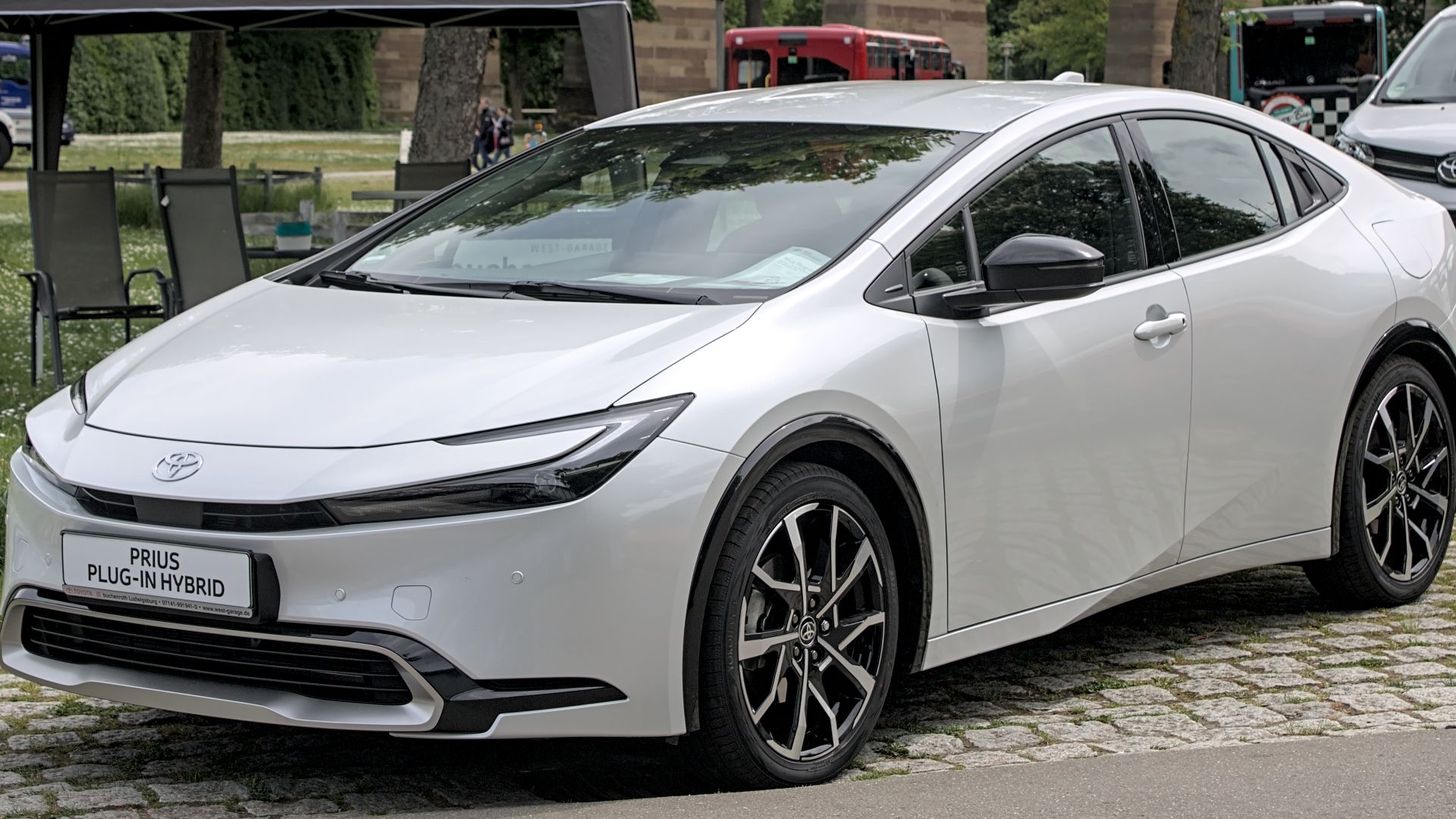 Alexander-93, Wikimedia Commons
Alexander-93, Wikimedia Commons
Heads-Up Displays
Heads-Up Displays (HUDs) are one of the most practical tech innovations to cross from military aviation into everyday life. By projecting essential information like navigation cues or safety alerts directly into a driver’s field of view, HUDs reduce the need to look down or away.
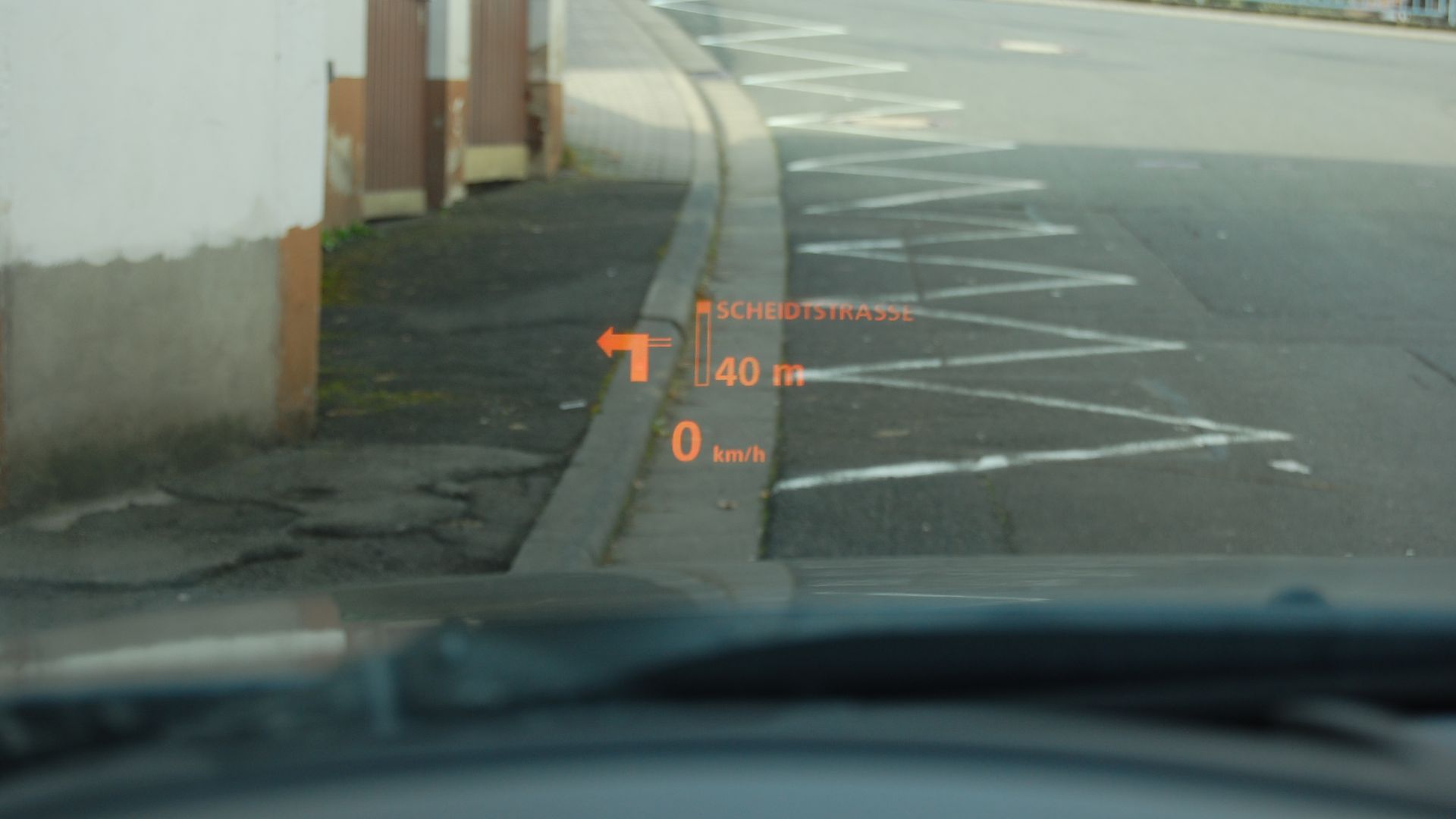 Affemitwaffe, Wikimedia Commons
Affemitwaffe, Wikimedia Commons
Heated And Ventilated Seats
Frozen mornings? Flip on the heat. Sweltering afternoons? Cue the cool airflow. Heated and ventilated seats feel like a luxury you didn’t know you needed until you're stuck in traffic during a snowstorm or heatwave. Even mid-range rides have them installed these days.
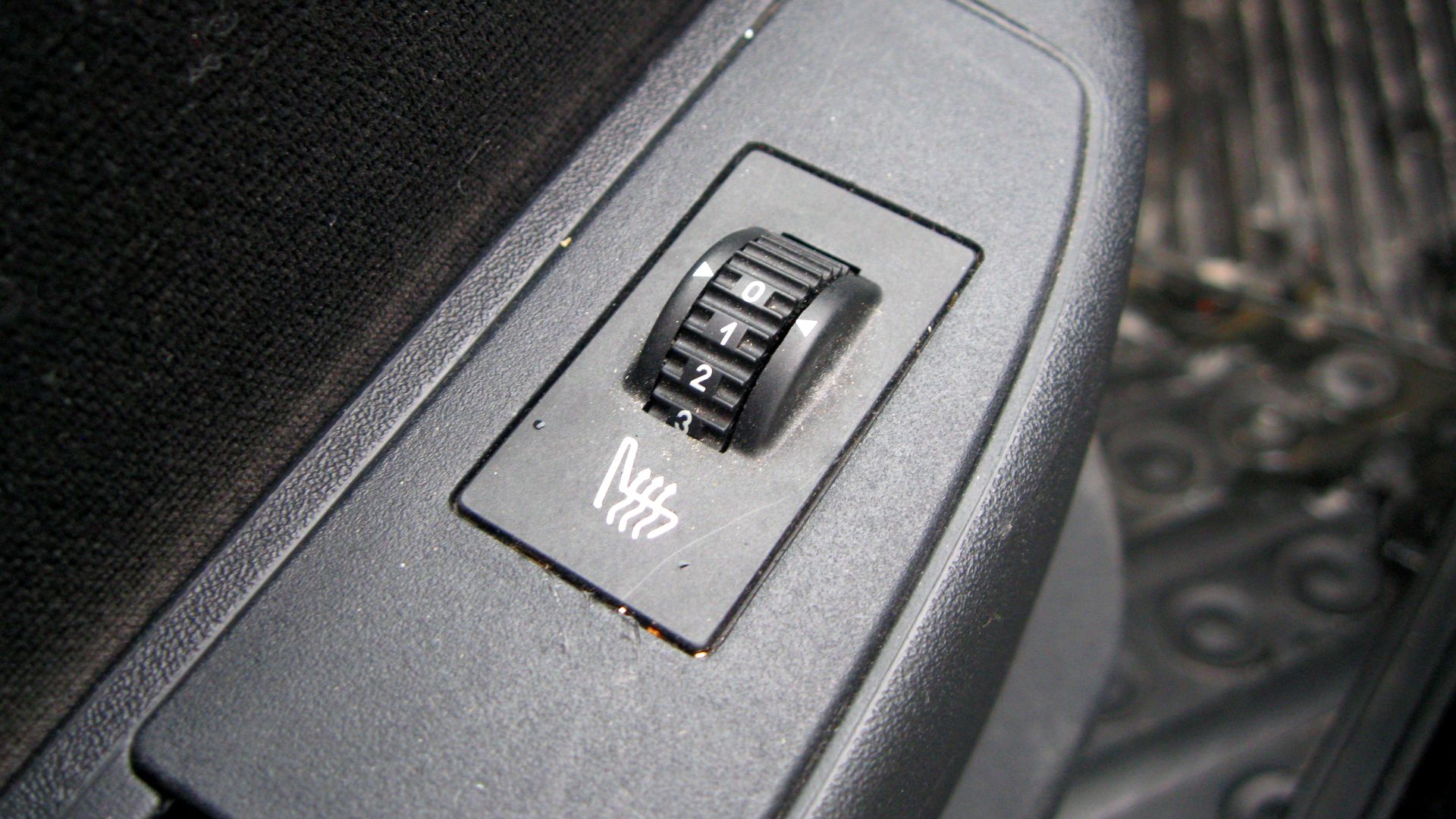 Santeri Viinamäki, Wikimedia Commons
Santeri Viinamäki, Wikimedia Commons
Lane-Keeping Assist
Though old versions were naggy, today’s lane-keeping assist is like a gentle co-pilot. It subtly nudges you back if you drift too close to the lines, especially helpful on long highway drives. Thanks to smarter software, most drivers are choosing to leave it on.
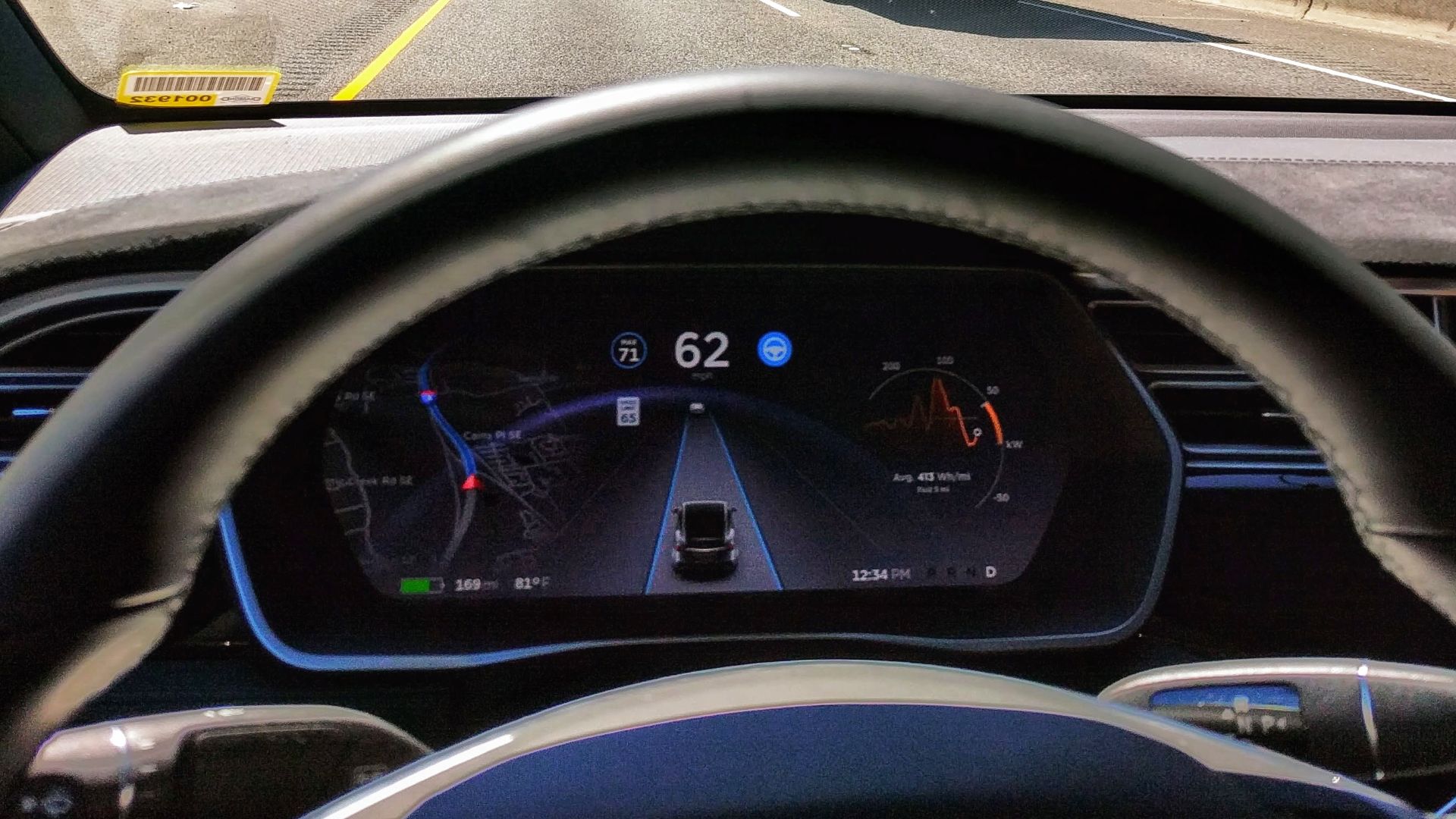 Ian Maddox , Wikimedia Commons
Ian Maddox , Wikimedia Commons
Keyless Entry And Push-To-Start
Gone are the days of fumbling for keys in the rain or juggling coffee while unlocking your car. Keyless entry and push-to-start made hopping in and driving off feel effortless. With encrypted fobs and added theft protection, it’s a win for convenience.
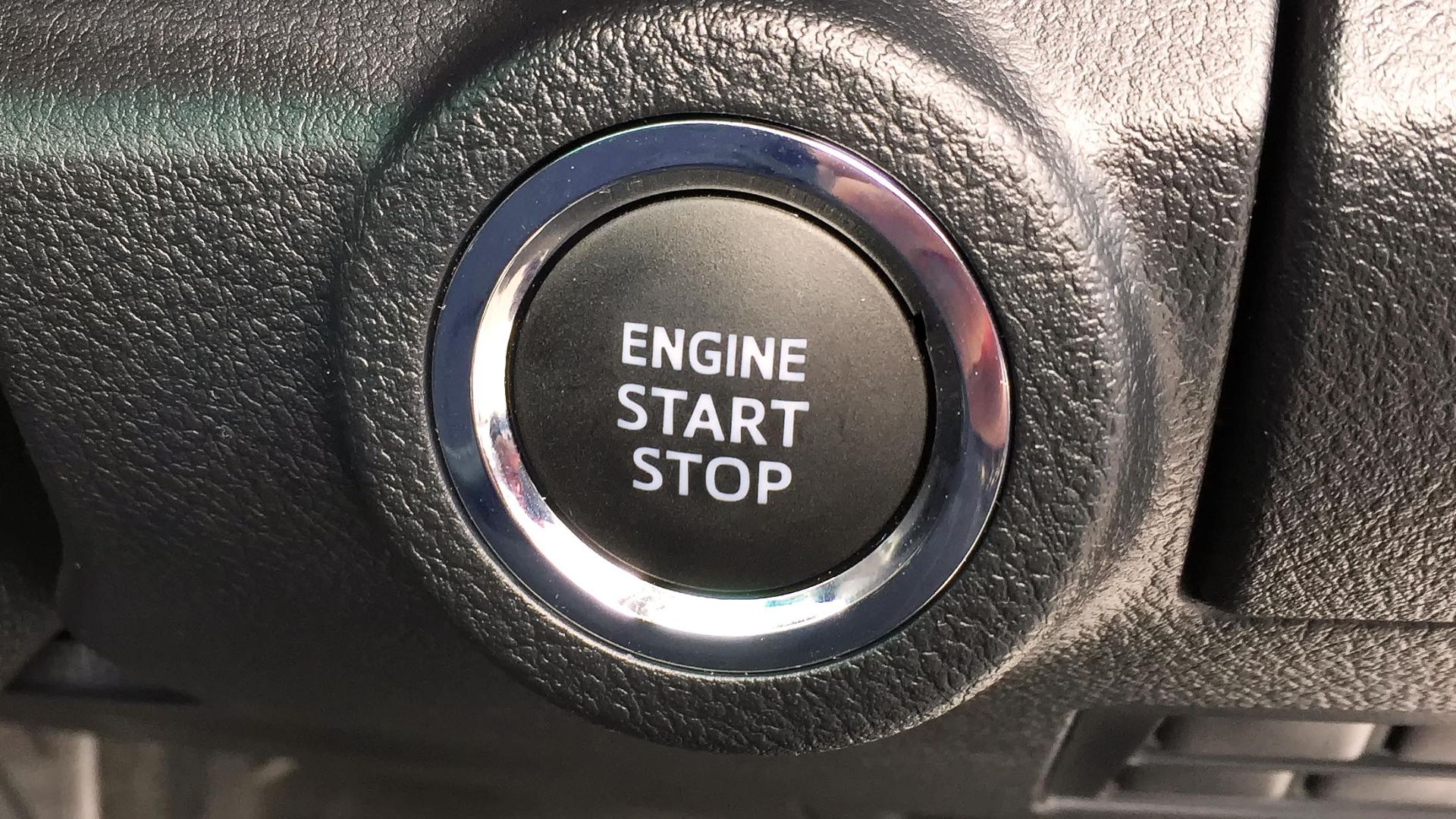 Johntorcasio, Wikimedia Commons
Johntorcasio, Wikimedia Commons
Parking Sensors
Parking sensors use ultrasonic tech to detect nearby objects and beep as you get closer. They help drivers avoid curbs, poles, and surprise shopping carts in tight spots. Often paired with backup cameras, they make parallel parking less stressful and reduce the risk of costly fender benders.
Automatic High Beams
You no longer need to flick your brights on and off like you're signaling Morse code. Automatic high beams adjust on the fly when cars approach or streetlights appear. They enhance night driving, and they’ve finally stopped acting out of control.
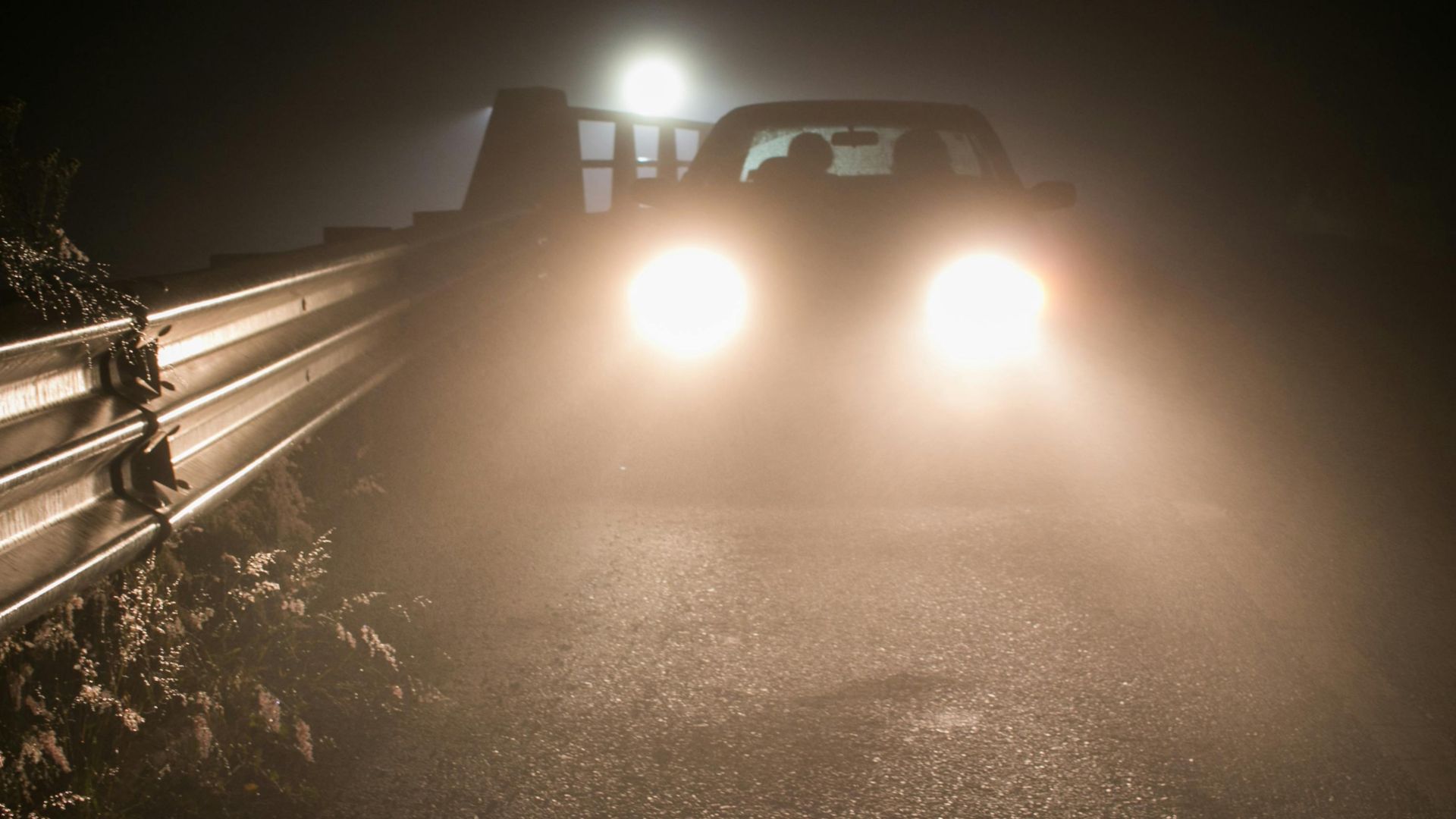 Ricardo Martínez González, Pexels
Ricardo Martínez González, Pexels
Wireless Charging Pads
Wireless charging pads let you power up your phone simply by placing it on the console. They eliminate the need for cords or cables and help keep your interior clean and clutter-free. Most systems work with Qi-enabled devices to make charging effortless.
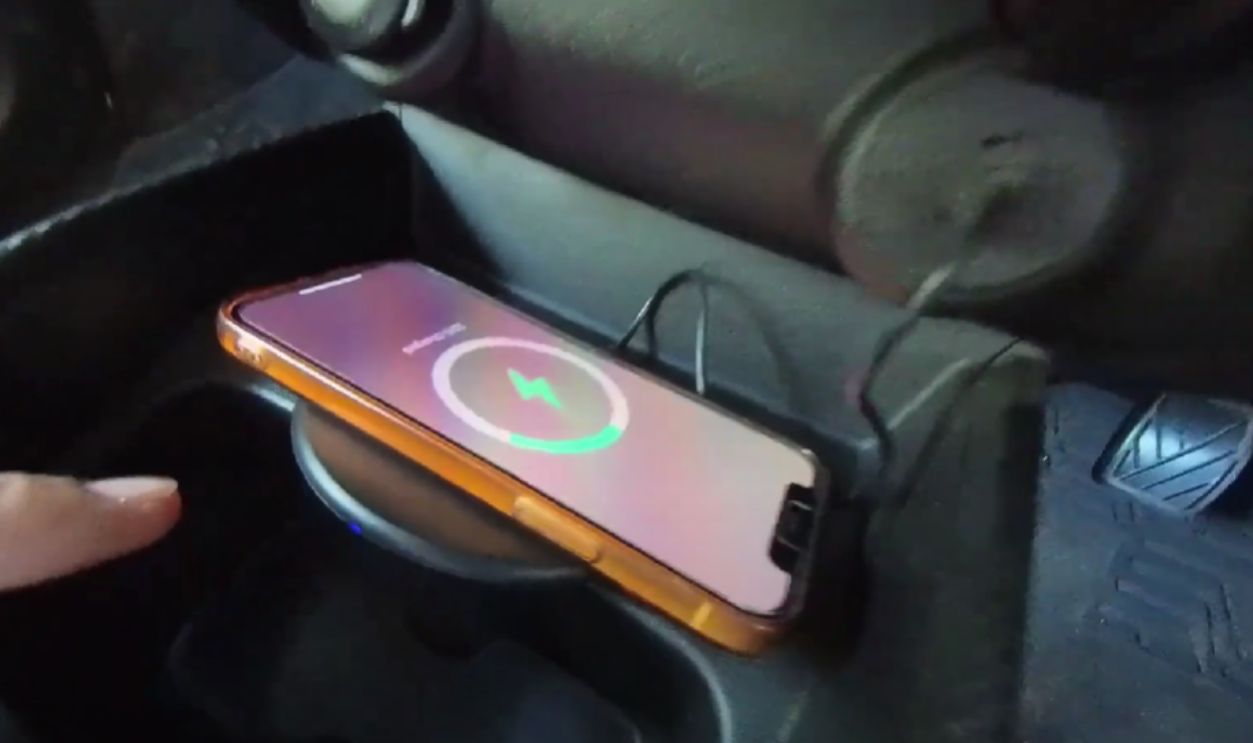 I INSTALLED WIRELESS CHARGER IN MY FRONX DELTA PLUS by All About cars
I INSTALLED WIRELESS CHARGER IN MY FRONX DELTA PLUS by All About cars
Automatic Rain-Sensing Wipers
Once it starts to drizzle, your wipers kick in like they read your mind. Rain-sensing wipers also adjust speed based on how heavy the rain is, so no more fiddling with that little stalk mid-storm. It’s one less thing to worry about when the weather turns wild.
Hands-Free Liftgates
Ever tried opening a trunk with your hands full of bags? Hands-free liftgates let you wave a foot under the bumper, and boom—open sesame. Offering convenience one toe-tap at a time, this is magic for shoppers and anyone who’s mastered the awkward elbow juggle.
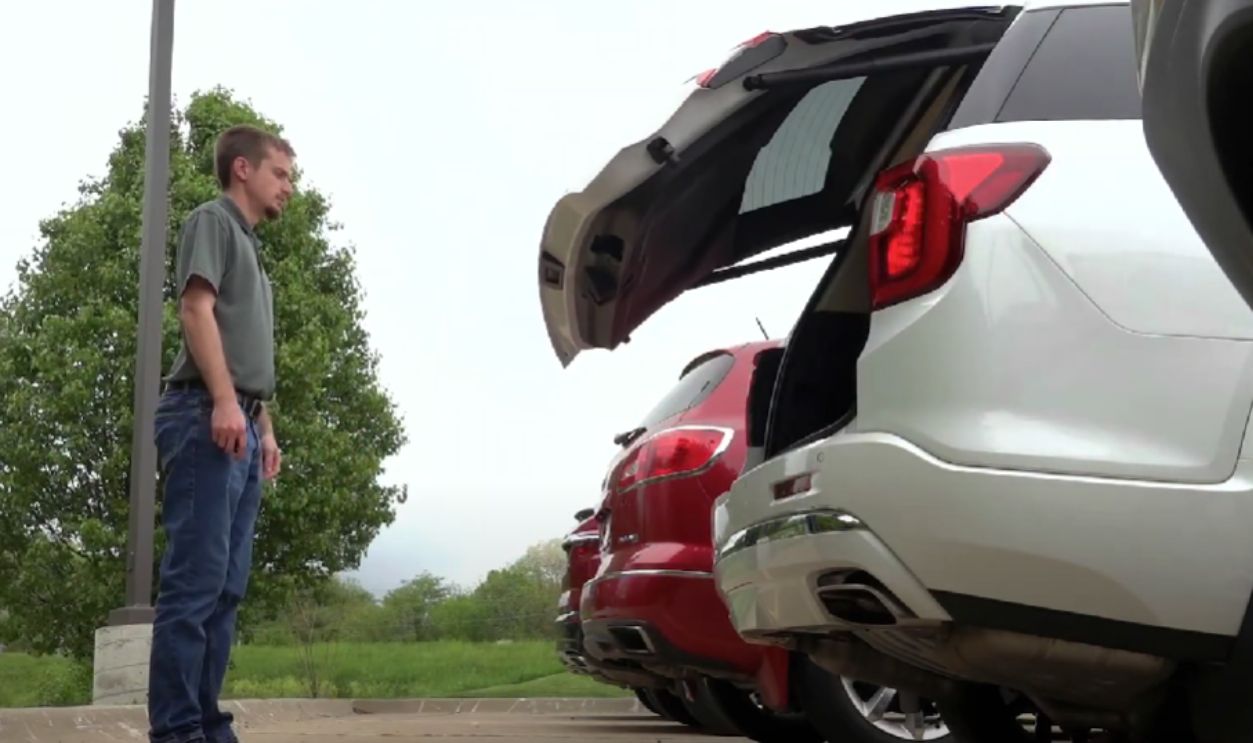 How To: Use GM Hands Free Liftgate + Program Liftgate Height by Cars Made Simple
How To: Use GM Hands Free Liftgate + Program Liftgate Height by Cars Made Simple
Blind Spot Monitoring
Lane changes used to be part mirror-check, part prayer. But with blind spot monitoring, you have an extra set of eyes. The system lights up a warning if someone’s lurking beside you, which is especially helpful on highways or in tall SUVs.
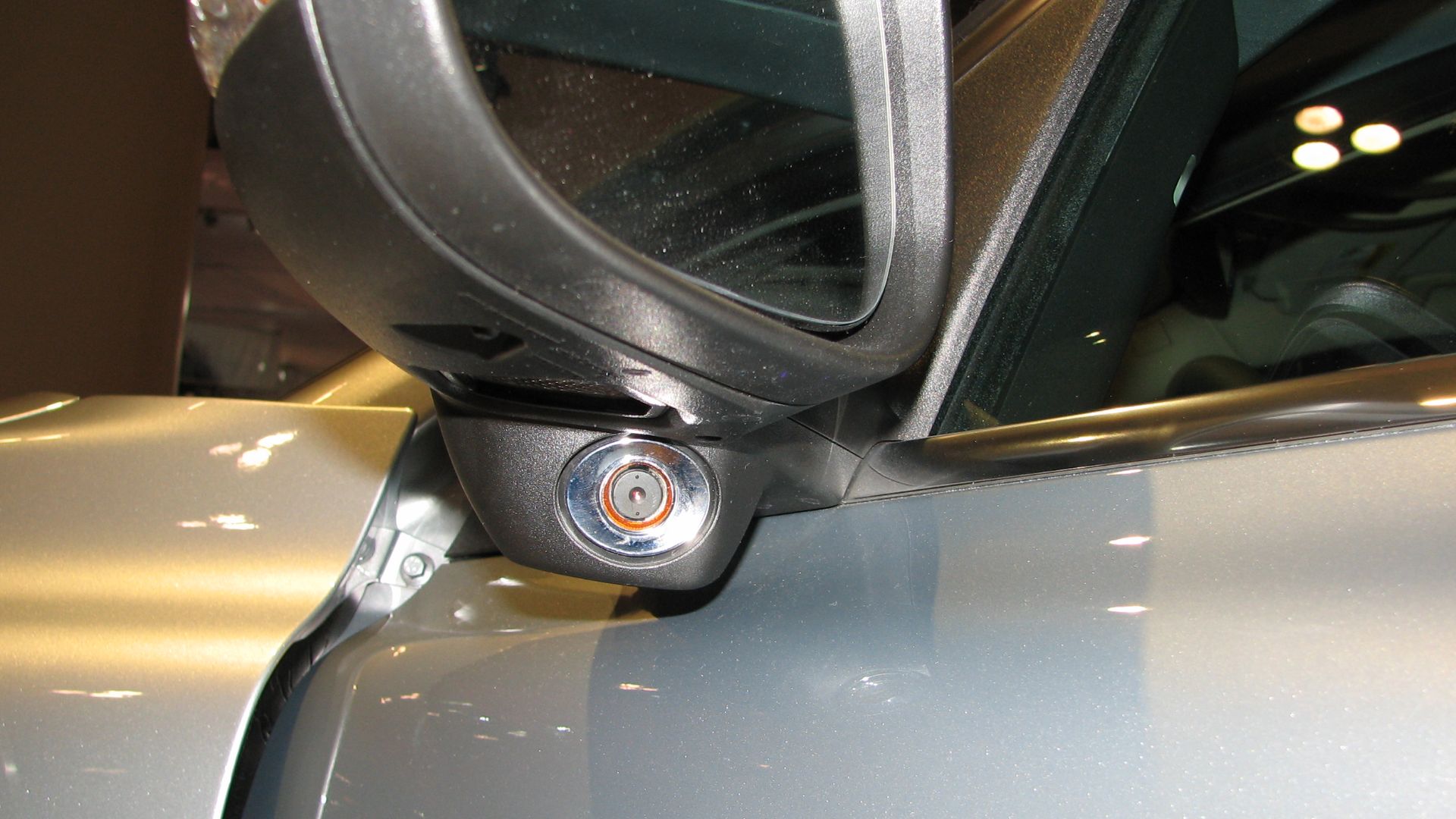 User:Emancipator, Wikimedia Commons
User:Emancipator, Wikimedia Commons



